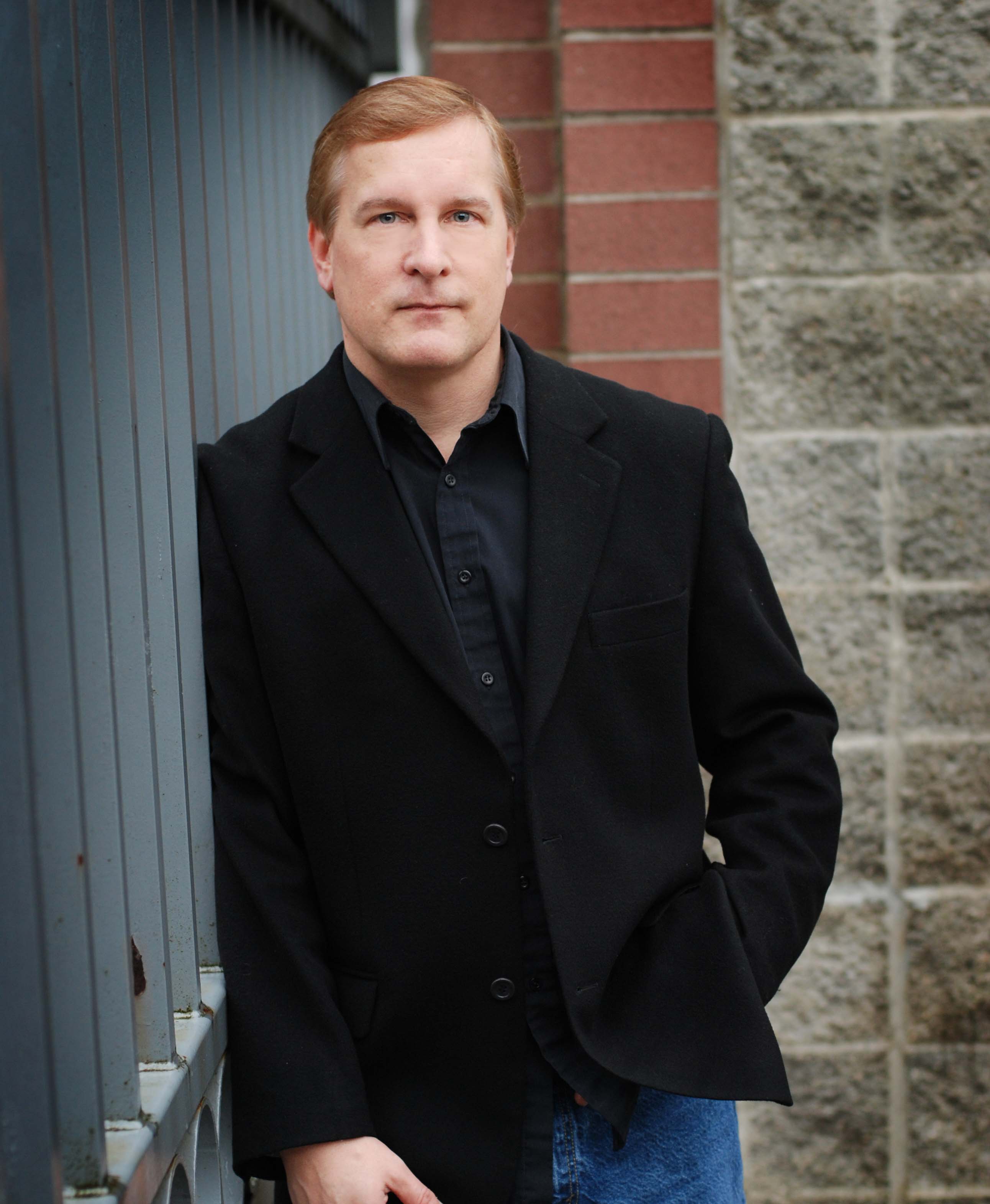|
A leadership campaign is supposed to have the dual purpose of not only placing a new premier, but also igniting interest in
and perhaps even support for the party among the public at large.
In the current New Democratic Party leadership race, the public is so disinterested in the governing party, that only
fictitious or unwilling persons have been drawn to the leadership race, as demonstrated by its more recent party membership
scandal. This convention may prove to be a sorry day indeed for the provincial New Democrats.
I think we can safely agree that none of us are too pleased with our provincial government. The media -- Moe Sihota's
constant complaining notwithstanding -- has been diligent in its pursuit of the events and disasters that seem to plague the
NDP at every juncture.
Even those voters who have voted for the NDP in the past -- myself included -- find themselves reluctant to cast ballots
in that same direction after this last year or two in particular. The good news is we're a democracy. Throw 'em out!
But the bad news is that more so than in any election in recent memory, this next election will be an especially bitter
piece of electoral process in which to participate. The reason is simple: The alternative to the NDP is nearly as undesirable
as the current provincial government itself.
If the NDP is in disarray, the Liberals could be described as being in "non-array." That is, the biggest questions
to be asked of the Liberals are: Who and where are they? Never has an official Opposition party -- provincial or federal --
managed to keep such an uneventful profile.
I know, I know. The Liberals would tell you that the media are to blame (borrowing a page from Moe's political guidebook).
They don't get offered enough coverage.
No one comes to their press conferences. But who'd want to attend? In order to make it into the press you must have something
to say. And the key problem with the provincial Liberals is that they rarely have anything to say.
Which isn't to suggest that they don't have good reason to oppose the government.
They do. In fact, you couldn't ask for a bigger cache of gaffes to oppose. But opposition has to involve more than simply
pointing across the floor of the legislature and yelling, "You're bad! You stink!" Effective opposition also involves
doing.
Federally, the opposition parties -- all of them -- at least appear to be more active. If national politics is an even
tougher sell for media coverage than provincial (look at your regional dailies and that will be demonstrated), how is it that
more of us know the daily or at least weekly
happenings of Preston Manning or Joe Clark than Gordon Campbell? The simple solution
lies in what the opposition parties spend their time doing.
For better or for worse, federal opposition parties actively communicate their messages more so than their provincial
counterparts. Recently, for example, Manning and his colleagues have foisted themselves into prominence with the formation
of the new United Alternative. Clark has kept the Tories in the news also, largely by offering conservative alternatives to
Manning.
Over his years in office, Manning has proposed policy initiatives that allow political observers to have an understanding
of the specifics we could expect in the unlikely event of his ascent to 24 Sussex
Fiscal policy?A 17-per-cent flat tax. Social programs? A reduction in Employment Insurance premiums. Law and order? A
national referendum on capital punishment.
You don't have to like the platform and you certainly don't have to vote for it. But at least you have an idea what you
are or aren't voting for.
That's the lesson that provincial Liberals have yet to learn after nearly nine years on the job. Opposition involves more
than nay-saying. Despite many opportunities, the Liberals have yet to clearly articulate what their government will look
like, other than it won't be the NDP.
If former premier Glen Clark exemplified arrogance in power, his adversary, Campbell, exemplifies arrogance in power in
waiting. While Clark held his cards close to his chest and ruled by bullying, Campbell rules his party and our Opposition
by shouting, name calling and never really showing us a viable alternative to the current government.
I want to want the Liberals. Heck, I wouldn't mind wanting the NDP again. What I need is for the parties to be clear
in the palate of offerings so that the decision I make is informed. Since the Liberals can not or will not articulate a clear
plan for our future, the next election will be one of the most difficult to vote in and may have some of the most dire consequences
for the provincial democracy.
If there is little choice between the two key parties, the voter may be left with the proverbial coin toss come voting
day -- hardly intelligent, informed participation in the democratic process. But for those disenchanted former NDP voters,
the alternative in the grand scheme is worse: that with
a lack of a clear alternative for their vote -- or an undesirable one at best -- disgruntled voters might simply elect
not to vote at all.
And that's the sorriest day for provincial democracy.
David Russell is a teacher and writer from Port Coquitlam.
|
